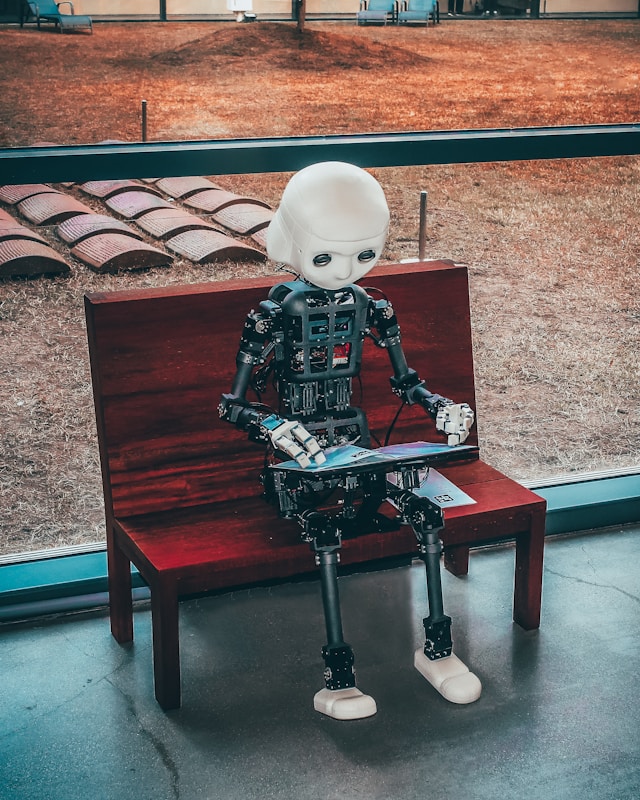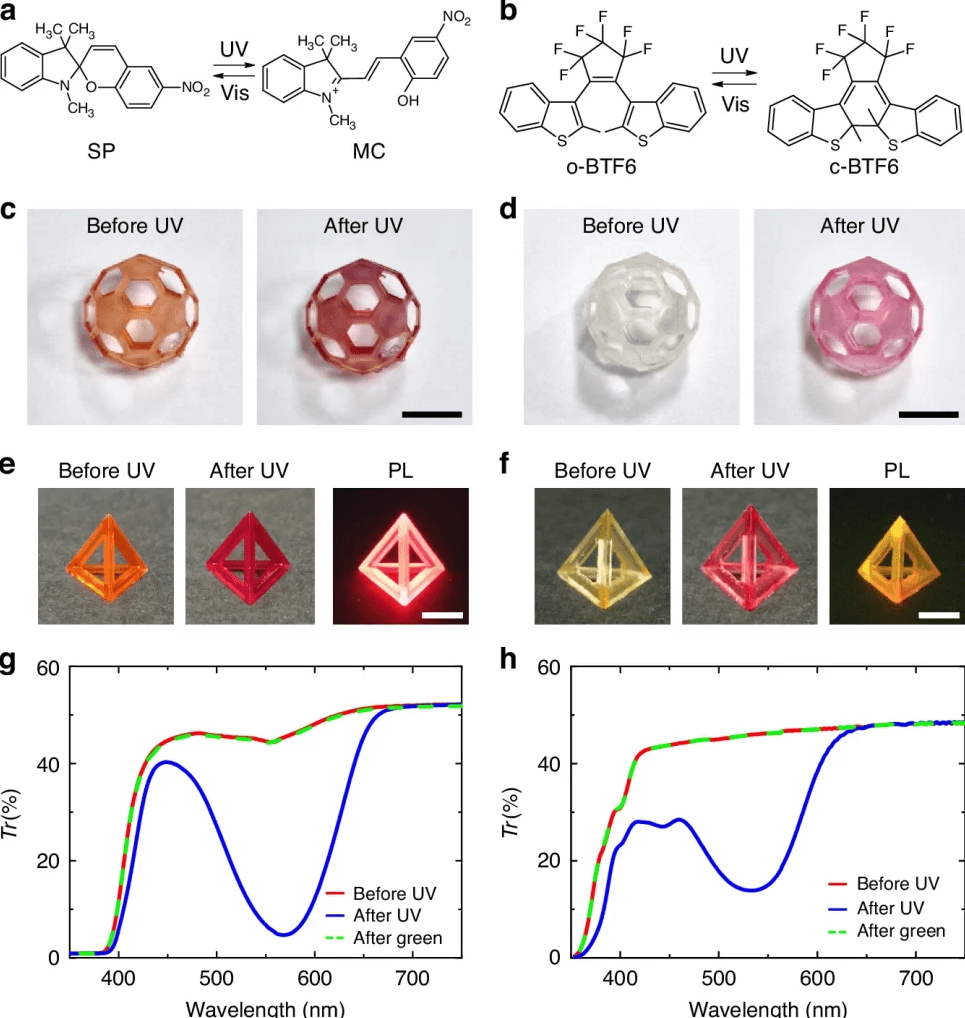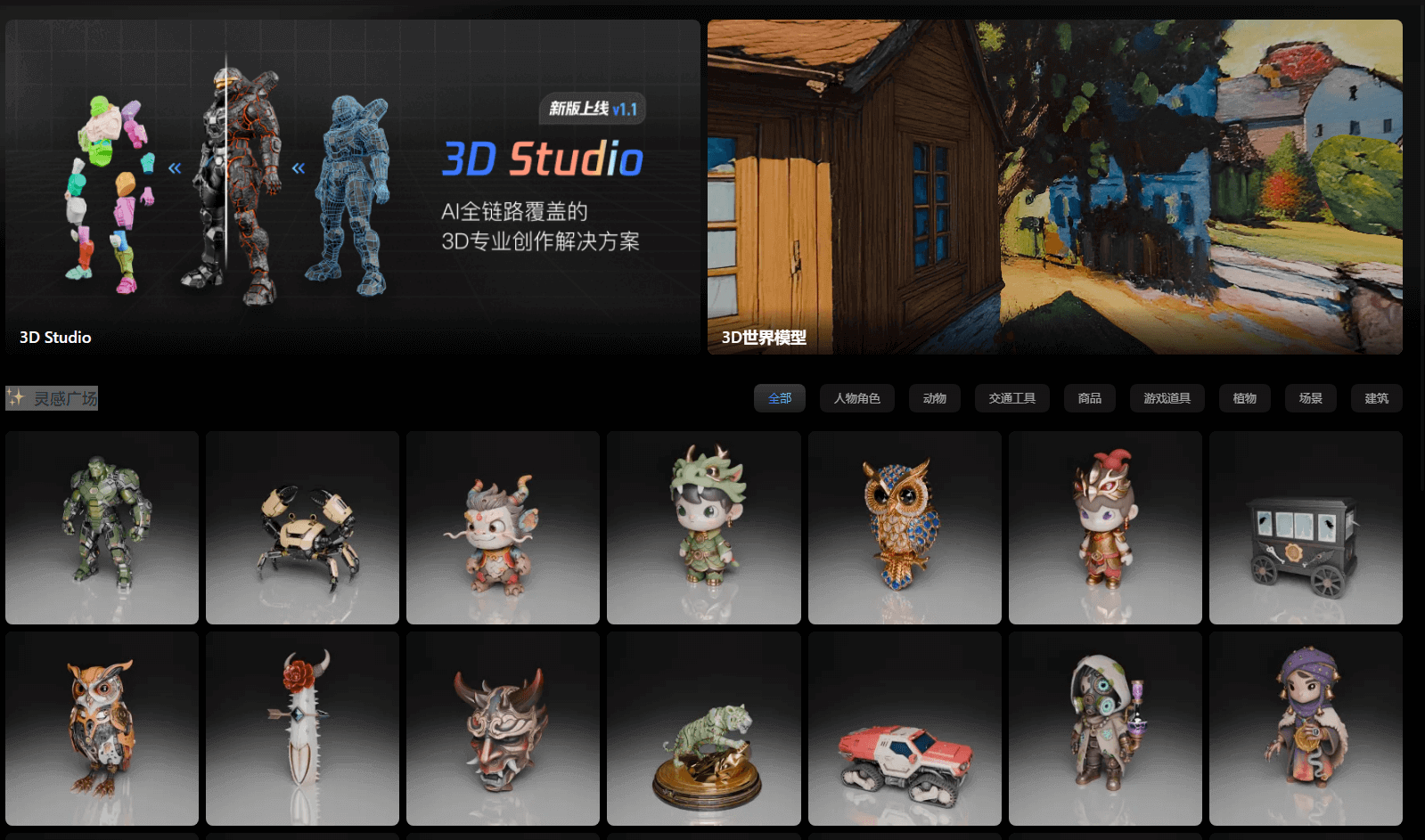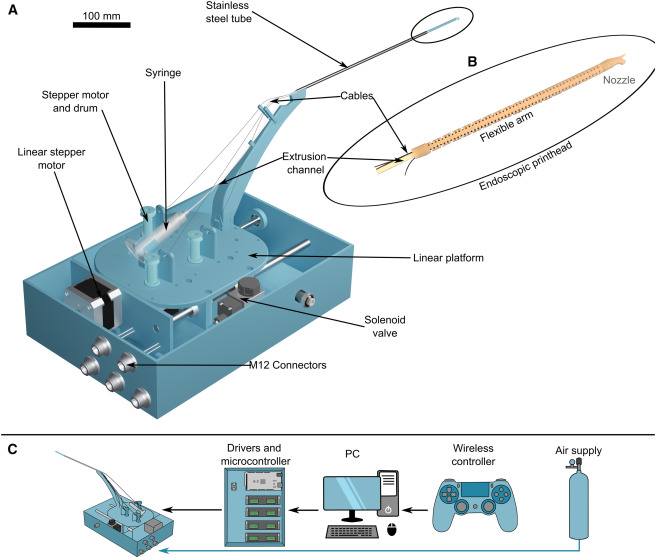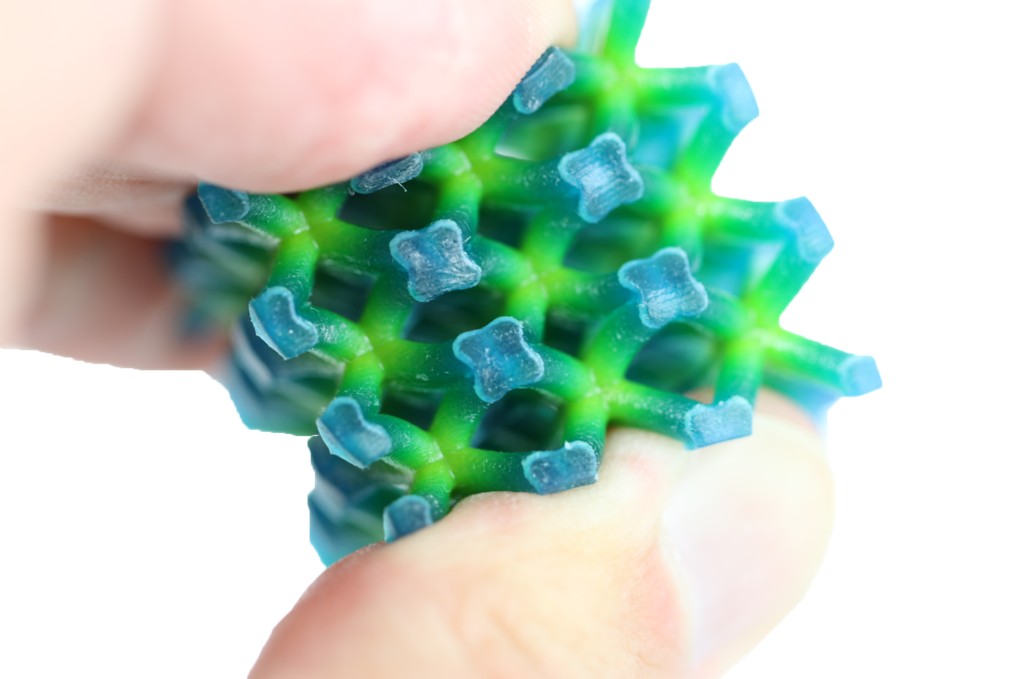
Date:2025-09-15 11:02:56
Low-code engineering platform Synera has introduced a new generation of AI agents that are set to change the way engineering teams work, particularly in additive manufacturing (AM).
Anyone who has worked in engineering knows how much time is lost to repetitive but essential tasks. In AM, engineers often spend hours repairing files, preparing builds, or iterating on designs, and while traditional automation has tried to help, it rarely keeps up.
Rules-based systems may take a few clicks off the process, but they are rigid, hard to scale, and unable to handle the real complexity that engineers face every day. With this in mind, Synera developed a simple yet powerful solution: give organizations a digital workforce that can think, decide, and execute like their best engineers.
Instead of spending hours, the engineering platform’s “customers are already transforming their engineering operations with Synera by handing over repetitive work that all engineers dread to AI agents that autonomously optimize and prepare complex designs with less human intervention,” said Andrew Sartorelli, Partner & Product Management Lead at Synera.
Beyond basic automation to collaboration
Synera’s approach is to move past basic automation by giving companies practical tools to scale.
With its visual builder, organizations can start small, automating routine steps, and then expand to multi-agent systems that manage complex end-to-end processes. Because everything connects smoothly with existing CAx tools and AM software, the result is a digital pipeline that stretches from design all the way to production without the usual friction.
Synera’s interface shows how engineers can collaborate with AI agents that not only execute tasks but also respond to design requirements in real time. Image via Synera.
A good example of this vision is Synera’s recent partnership with Belgian 3D printing software company Materialise. For over three decades, Materialise Magics has been a sought after tool for AM build preparation. With the new Magics SDK, these capabilities can now be integrated into other platforms, and Synera is among the first to take advantage of it.
In practice, this means that engineers can now automate tasks like file repair, orientation optimization, support generation, and slicing directly within Synera. What was once one of the most tedious and error-prone stages of AM can now run smoothly and intelligently, reducing failed builds, ensuring consistent quality, and scaling production without adding more people.
“With the Magics SDK, we’re opening decades of additive manufacturing expertise to help manufacturers automate and scale their workflows,” said Gilles Claeys, Partnership Manager at Materialise. “The connection with Synera allows for a tighter integration between design and build preparation workflows, providing designers with immediate feedback on manufacturability and build optimization directly within one environment.”
Toward an autonomous digital workforce
With novel features, Synera’s approach has proven beneficial on the factory floor. At BMW’s Additive Manufacturing Campus, engineers have been using Synera to design and produce lightweight, customized robot grippers. By combining automated workflows with topological optimization, they achieved a 30% weight reduction, which helps extend the life of the robots and reduces wear.
Production time for a single gripper has dropped to just 22 hours with 3D printing, while overall emissions have been cut by 60% compared to conventional methods. For BMW, it has meant faster turnaround, more durable production tools, and a big step forward in sustainability.
Lightweight, topology-optimized AM parts designed with Synera directly improve robot performance and durability on the production line. Photo via Synera.
“Having Materialise’s robust AM capabilities integrated into Synera’s automation platform means we can now set up and adapt the build preparation to our own workflows to automatically identify and fix common issues,” highlighted Johannes Kolb, Engineer at BMW AG.
Another case study comes from leading automotive supplier Brose. By weaving Synera’s automated workflows into their product development processes, Brose engineers have been able to optimize designs with striking results: 60% savings in development time, 60% lighter components, and a 20% reduction in production costs. For a supplier operating in such a competitive space, those numbers translate directly into speed, flexibility, and stronger margins.
These applications highlight that Synera’s AI agents go beyond efficiency, enabling smarter ways of working. By offloading routine tasks to digital colleagues, engineers gain space for creativity and problem-solving, while the platform connects tools such as Magics SDK into seamless, adaptive workflows.
Looking ahead, Synera views these AI agents as the foundation of an autonomous digital workforce. Engineers set the direction while intelligent collaborators optimize designs, prepare builds with precision, and adapt to shifting production needs, enabling reliable, scalable serial production without the usual cost burden.
